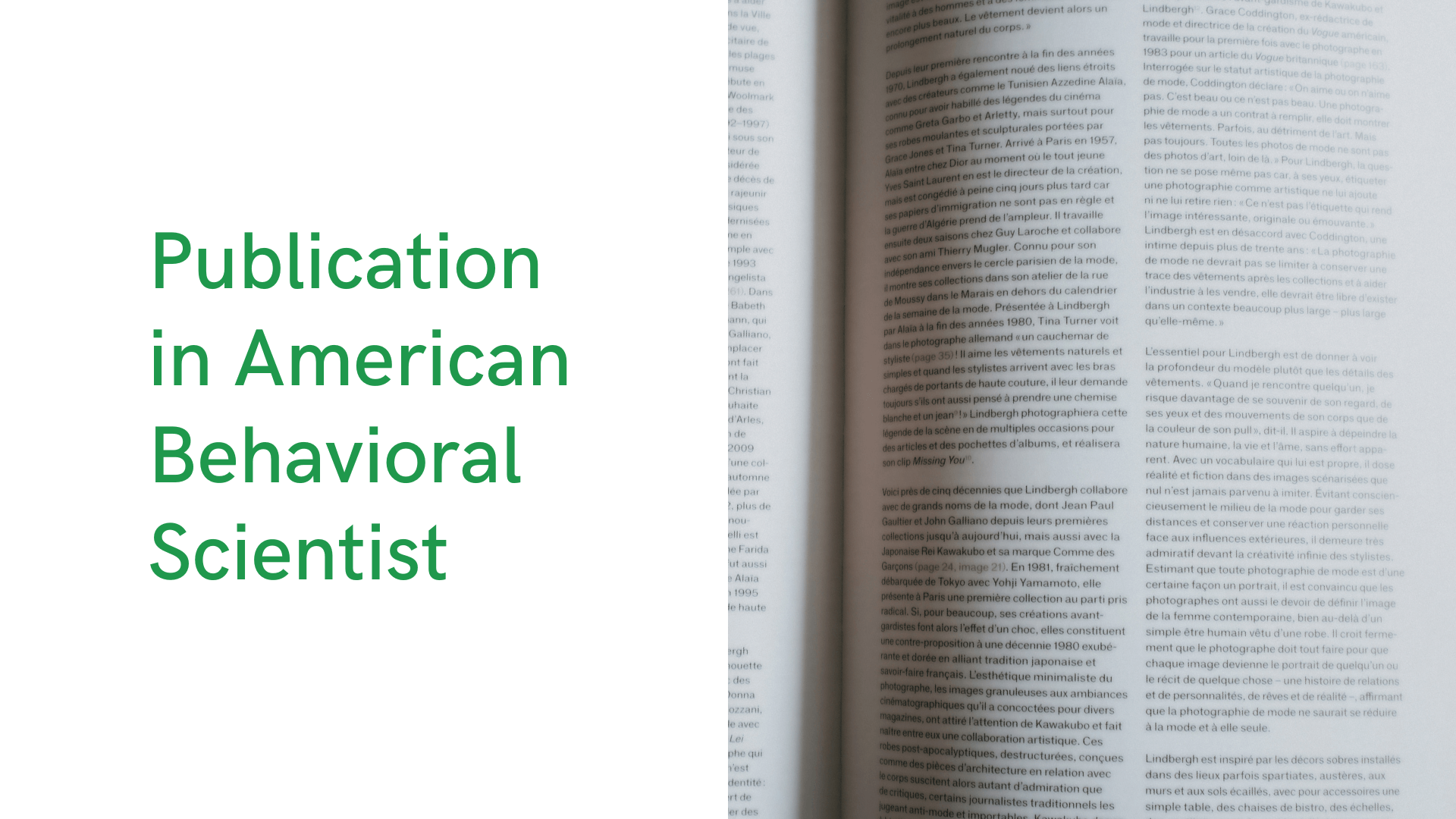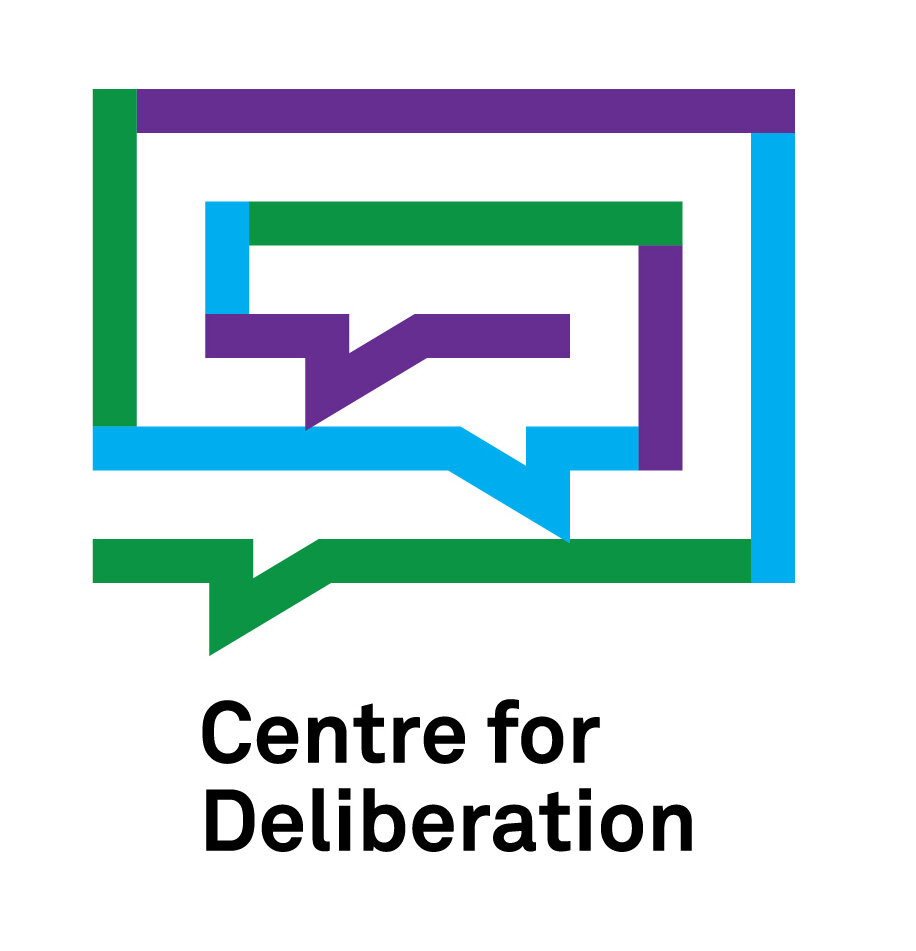Article “Freedom of Discussion versus Predetermined Futures in Deliberation Processes”

We invite you to read the latest article by Anna Przybylska, Marty Bucholc and Shin Mazur which was published in American Behavioral Scientist in 2022.
The empirical material in the following article comes from the project of the Centre for Deliberation of the Faculty of Sociology of the University of Warsaw, which was an online discussion organized in 2012 with the participation of students from ten Warsaw universities “Don’t complain! Talk about what it’s like to study at Warsaw universities“.
Title:
Freedom of Discussion versus Predetermined Futures in Deliberation Processes
Abstract:
Methods of deliberative consultations usually propose expert information materials to increase knowledge among lay citizens about the considered subject. These materials sometimes also include alternative scenarios for action presented with pros and cons. In our study, we pose the following research questions:
- Do the participants tend to use predetermined scenarios or diverge from them and generate their reference structures for the deliberation’s indeterminate outcomes?
- How do the scenarios intervene in the “loping to-and-fro form of movement” in the interactions?
- How is the knowledge about the preexisting scenarios reflected in the “as if” ontology of thought and action?
We introduce play and game as two ideal types of deliberation processes emphasizing the opposition of freedom and pre-determination of outcomes. The analysis used empirical material from online group discussions about various aspects of studying at Warsaw universities. The results showed that regardless of the situation in groups, predefined scenarios are the focus of discussions and anchoring points for the “loping to-and-fro form of movement.” However, participants demonstrated some selectivity, and they did not consider all alternatives. Moreover, they introduced some modifications and new proposals. At the same time, participants tended to diverge more from briefing materials in argumentation. Experiential arguments prevailed, and the pros and cons of each scenario appeared rarely across groups. Interestingly, stricter moderation did not necessarily intervene here, and the group with the highest level of own proposals in some instances followed the game rules more accordingly than other groups. Finally, the language of listening and understanding is frequent, regardless of the number of predefined scenarios discussed by groups, which strengthened the “as if” ontology of thought and action.
Access:
https://journals.sagepub.com/doi/10.1177/00027642221093585
The article is available through the BUW Online Resources.
Citation:
Przybylska, A., Bucholc, M., & Mazur, S. (2022). Freedom of Discussion versus Predetermined Futures in Deliberation Processes. American Behavioral Scientist, 0(0). https://doi.org/10.1177/00027642221093585
